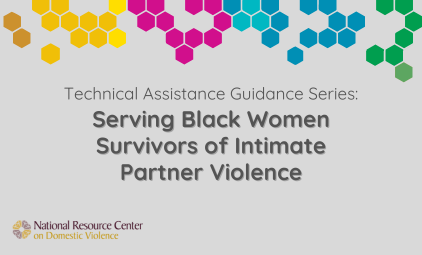It reports on current research suggesting that victims experience a variety of negative mental health effects from sexual assault, including post-traumatic stress symptoms. It describes how rape survivors may struggle with how family and friends are reacting to the assault and may have to cope with secondary victimization experiences they encounter in some post-rape help seeking. It highlights a wide variety of issues rape survivors may present in therapy. For example, "victims may need to process not only the rape itself, but also post-rape experiences with their informal and formal support providers."
It summarizes that "empirical evaluations of therapeutic techniques suggest that cognitive behavioral therapies (CBT) can be effective in reducing short-term post-rape fear and anxiety symptoms." It also describes the focuses of some Feminist therapies and reports that data suggests that feminist therapy may be an effective approach as well.
It reports that it is "not uncommon that mental health practitioners who work with rape survivors experience distressing emotions similar to those of the survivors. These symptoms are called secondary traumatic stress (STS), compassion fatigue (CF), or vicarious traumatization (VT). STS/CF/VT is more common among therapists with higher caseloads of sexually traumatized clients." It mentions some self care strategies for therapists to try.
Points to consider when using this material:
- The piece cites two studies to state that "Not suprisingly, most victims exhibit high levels of psychological distress in the first week after the rape. This distress peaks in severity three weeks post-assault, continues at high levels of for one to two more months before finally abating two to three months post-assault." It is important to note that the timeframes in which individual survivors experience or express trauma, grief, or other "psychological distress" can vary considerably from individual to individual and some survivors will naturally experience timelines considerably different from what the piece describes. For example, experiences of psychological distress may continue off and on for years or may resurface and be retriggered by anniversaries or other situations.












